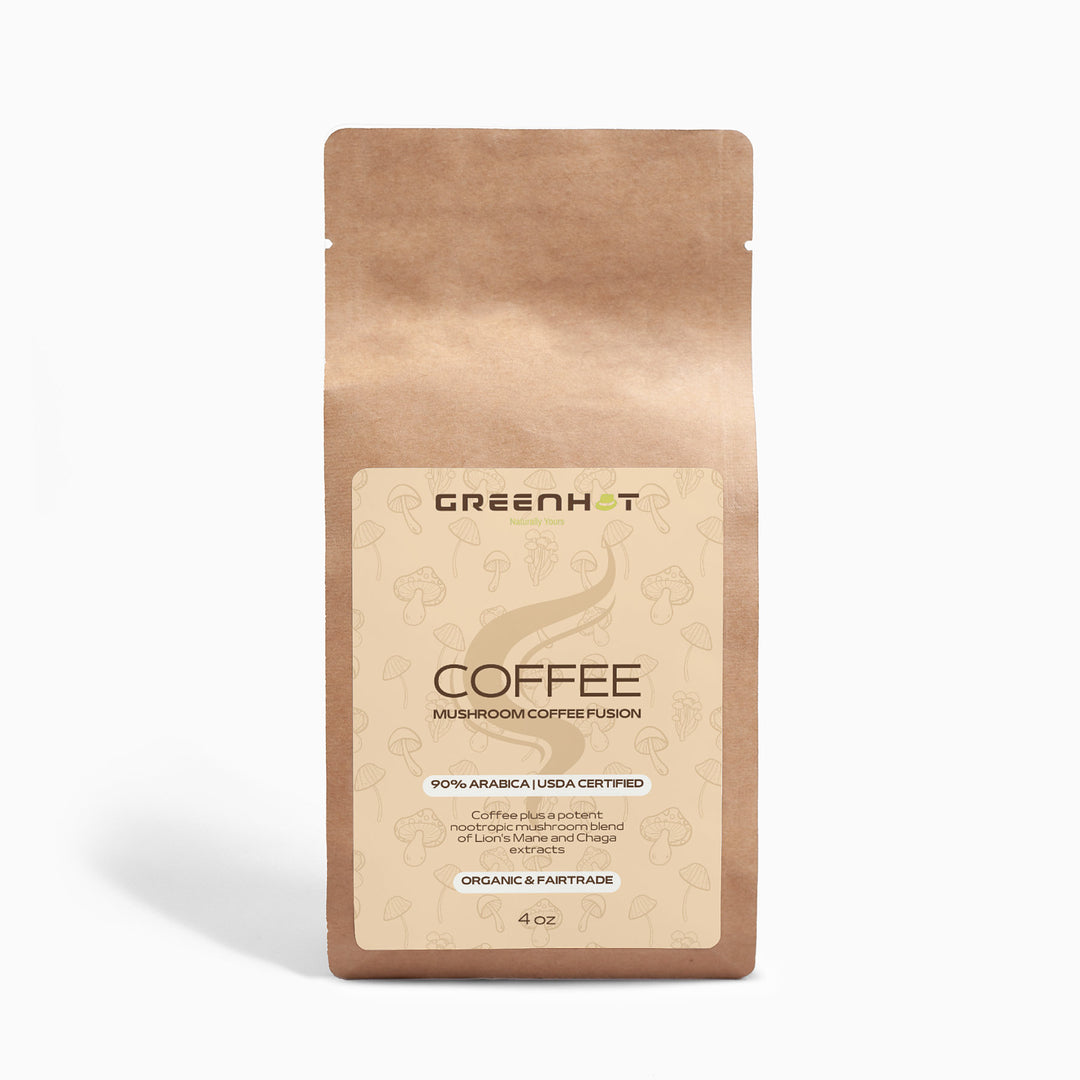Is Intermittent Fasting Safe? Understanding Its Health Impacts

INTERMITTENT FASTING SAFETY: A DETAILED OVERVIEW
Intermittent fasting, a buzzworthy dietary approach, has taken the health and wellness world by storm, appealing to those seeking effective weight control and metabolic improvements. But the pressing question remains: How safe is intermittent fasting for everyone? In this in-depth guide, we'll traverse the intricacies of intermittent fasting, illuminating its nuances and evaluating its safety. Join us on this enlightening exploration into the world of intermittent fasting, designed to inform and educate curious minds.
GRASPING THE CONCEPT OF INTERMITTENT FASTING
At its essence, intermittent fasting differs from traditional diets; it's a pattern of eating focusing on when to eat rather than what to eat. This lifestyle choice involves a strategic rhythm of eating and fasting phases, functioning more like a metabolic tune-up than a restrictive diet.
DIVERSE APPROACHES TO INTERMITTENT FASTING
Intermittent fasting adapts to individual lifestyles, offering various forms such as the 16/8 method, the 5:2 diet, Eat-Stop-Eat, and the Warrior Diet. Each style presents unique fasting and feeding rhythms, catering to different preferences.
UNPACKING THE WORKINGS OF INTERMITTENT FASTING
Intermittent fasting's core principle revolves around the body's switch to burning stored fat for energy during fasting. As insulin levels fall, the body transitions from using glucose to tapping into fat reserves, a shift that fuels weight loss and offers additional health benefits.
A RANGE OF HEALTH BENEFITS FROM INTERMITTENT FASTING
The allure of intermittent fasting extends beyond weight reduction. Research points to a variety of advantages, such as improved insulin sensitivity, decreased inflammation, and enhanced heart health. There's even potential for increased longevity, as fasting stimulates cellular responses that bolster the body's resilience.
ENSURING SAFETY IN INTERMITTENT FASTING PRACTICES
Safety is paramount in intermittent fasting. Approaching this eating pattern thoughtfully and carefully, especially if you have health concerns or are on medication, is crucial. Starting slowly, monitoring bodily responses, and seeking medical advice lay the foundation for a secure fasting experience.
DISPELLING COMMON FASTING MYTHS
There are many misconceptions about intermittent fasting that can deter individuals from trying it. Let's dispel these myths with factual information, providing a clearer picture of intermittent fasting.
WHO SHOULD BE CAUTIOUS WITH INTERMITTENT FASTING
Intermittent fasting isn't suitable for everyone. Specific groups, like pregnant or breastfeeding women, those with eating disorders, and individuals with certain health conditions, should be cautious or avoid fasting altogether. Personalizing the approach is essential.
FOCUSING ON WEIGHT LOSS THROUGH INTERMITTENT FASTING
Weight loss is a key motivator for many who choose intermittent fasting. This method fosters a caloric deficit, leading the body to burn stored fat for energy. Understanding how intermittent fasting can be an effective part of your weight loss plan is important.
AVOIDING COMMON MISTAKES IN INTERMITTENT FASTING
Despite its simplicity, there are pitfalls to avoid in intermittent fasting that can impact its effectiveness and health benefits. Being aware of these common errors is vital for a successful and healthy fasting experience.
INTEGRATING INTERMITTENT FASTING INTO YOUR LIFESTYLE
Adapting intermittent fasting to fit seamlessly into your daily routine can be challenging initially. With a practical and adaptable mindset, intermittent fasting can become a harmonious part of your lifestyle. Explore ways to make intermittent fasting a sustainable and enjoyable practice.
THE MIND-BODY CONNECTION IN FASTING
Intermittent fasting impacts not just physical health but also mental and emotional well-being. It fosters a unique relationship with food and body image, influencing mental states significantly. Let's examine the psychological dimensions of intermittent fasting.
INSPIRATIONAL STORIES OF INTERMITTENT FASTING
Personal success stories can be powerful motivators. These narratives highlight the life-changing effects of intermittent fasting, offering inspiration and encouragement to those embarking on their fasting journey.
COMBINING FASTING AND EXERCISE FOR OPTIMAL FITNESS
Blending intermittent fasting with regular exercise can amplify benefits for both weight management and overall fitness. However, it's important to understand how fasting interacts with physical activity to ensure a balanced and effective regimen.
LONG-TERM SAFETY OF INTERMITTENT FASTING
While intermittent fasting can deliver quick benefits, its long-term safety and sustainability are crucial considerations. We'll explore what's necessary for those considering intermittent fasting as a long-standing lifestyle choice.
CONCLUDING THOUGHTS
In summary, intermittent fasting, when practiced with awareness and care, can offer a wide array of health benefits. Nonetheless, it's important to embark on this dietary journey informed and aware, particularly for individuals with specific health conditions. Consulting healthcare professionals is always advisable.
FREQUENTLY ASKED QUESTIONS
Q1: Is intermittent fasting suitable for all individuals? While many can try intermittent fasting, consulting a healthcare professional is important, especially for those with health concerns.
Q2: Can intermittent fasting effectively aid weight loss? Yes, intermittent fasting can promote weight loss through caloric deficit. Its success can vary based on individual factors and adherence to the fasting regimen.
Q3: Is intermittent fasting recommended for pregnant or breastfeeding women? Pregnant or breastfeeding women are advised not to practice intermittent fasting, as they require consistent nutrition.
Q4: Are there specific dietary recommendations during intermittent fasting? Intermittent fasting doesn't mandate specific foods, but a balanced, nutritious diet during eating periods is essential for overall health.
Q5: Is drinking water permitted during fasting? Yes, maintaining hydration with water and non-caloric beverages is important during fasting periods.
EXPLORE RELATED TOPICS
Delve into a broad range of health and wellness topics, learn about various diets and their effects, understand the intricacies of weight management, and discover holistic approaches to a healthy lifestyle.





















Leave a comment